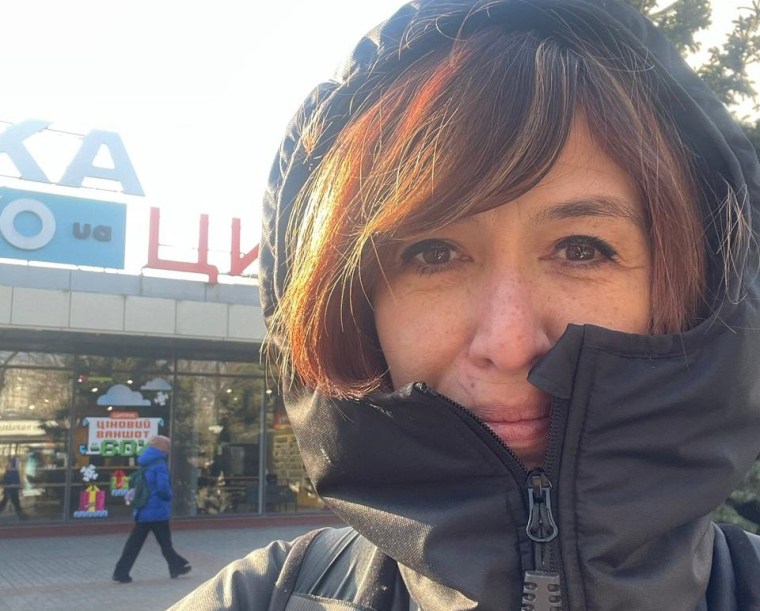Stockholm, April 6, 2023—Uzbek authorities should explain their decision to deny entry to documentary filmmaker Shahida Tulaganova or let her travel into the country freely, the Committee to Protect Journalists said Thursday.
On Wednesday, April 5, immigration authorities at the Islam Karimov International Airport in the Uzbekistan capital of Tashkent denied Tulaganova entry to the country without giving any explanation, according to news reports and Tulaganova, who spoke to CPJ in a phone interview and posted about the incident on Twitter.
Tulaganova, a documentary filmmaker and former journalist with the BBC and the U.S. Congress-funded broadcaster Radio Free Europe/Radio Liberty, told CPJ that she believed the denial was related to her work, particularly her coverage of a 2005 massacre in the city of Andijan by government security forces and her coverage of the 2007 killing of ethnic Uzbek Kyrgyz journalist Alisher Saipov.
Tulaganova appeared in a documentary about Saipov’s death that was published on YouTube the day before she arrived in Uzbekistan.
“Uzbek authorities should provide a legitimate reason for their denial of entry to journalist Shahida Tulaganova or else allow her to visit her family in Uzbekistan in peace,” said Carlos Martinez de la Serna, CPJ’s program director, in New York. “Holding grudges against journalists for their coverage of vital human rights issues should have no place in the open and democratic Uzbekistan that President Shavkat Mirziyoyev claims to be building.”
Tulaganova was born in Uzbekistan but left the country in 1996 and has British citizenship. She told CPJ that she visited Uzbekistan without problem until her coverage of the Andijan massacre, after which she did not return until attending her father’s funeral in 2022. During that visit, officers at the airport questioned her about her work for around an hour and then released her, she said.
On Wednesday, however, Tulaganova told CPJ that she noticed other ethnic Uzbek U.K. citizens on her flight were let through immigration without any problem, but an officer looked at her “like I was some sort of devil,” before making some calls and telling her she could not be let into the country.
Immigration officers offered to put her and her children on the next flight back to London two days later, saying she could wait in the airport’s transit zone until then. Tulaganova said she instead flew later that day to Riga, Latvia, with her family.
The officers initially said she would not have to pay for the flights, but Tulaganova told CPJ she paid about US$1,000 for the tickets.
Tulaganova, who also works under the name Shahida Yakub, worked as a reporter, editor, and documentary filmmaker for the BBC between 1996 and 2006 and as a presenter and editor for Current Time TV, a Russian-language project of RFE/RL and Voice of America, between 2014 and 2017. She has directed and produced numerous documentary films including the Emmy-nominated Cries from Syria, How to Plan a Revolution, and Freedom on Fire: Ukraine’s Fight for Freedom.
She told CPJ that she believes she may be blacklisted by Uzbek authorities either over her reporting on the Andijan massacre, when she was one of a small number of journalists who managed to clandestinely report from the city, or her coverage of Saipov’s death, which has been linked to Uzbek security services.
Separately, RFE/RL’s Uzbek service, known locally as Radio Ozodlik, reported that Uzbek authorities denied entry to the outlet’s reporter Umid Bobomatov in February, and previously in 2019, both times without providing any reason.
In November 2021, Uzbek authorities banned Polish journalist Agnieszka Pikulicka from entering the country, as CPJ documented at the time. In August 2022, authorities initially denied entry to CPJ Europe and Central Asia Program Coordinator Gulnoza Said, without providing a reason, before allowing her into the country after seven hours.
CPJ emailed the Ministry of Foreign Affairs of Uzbekistan for comment, but did not immediately receive any reply.
